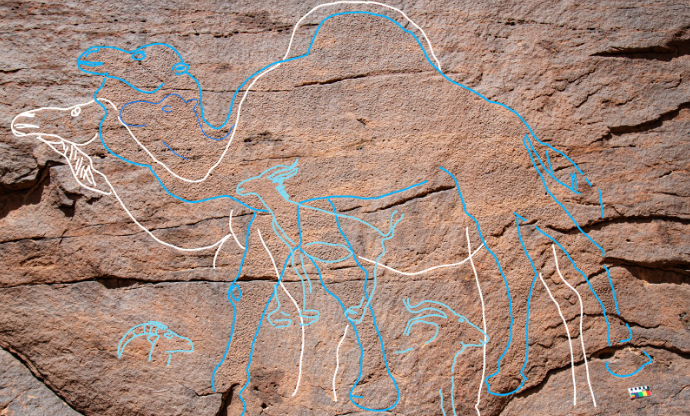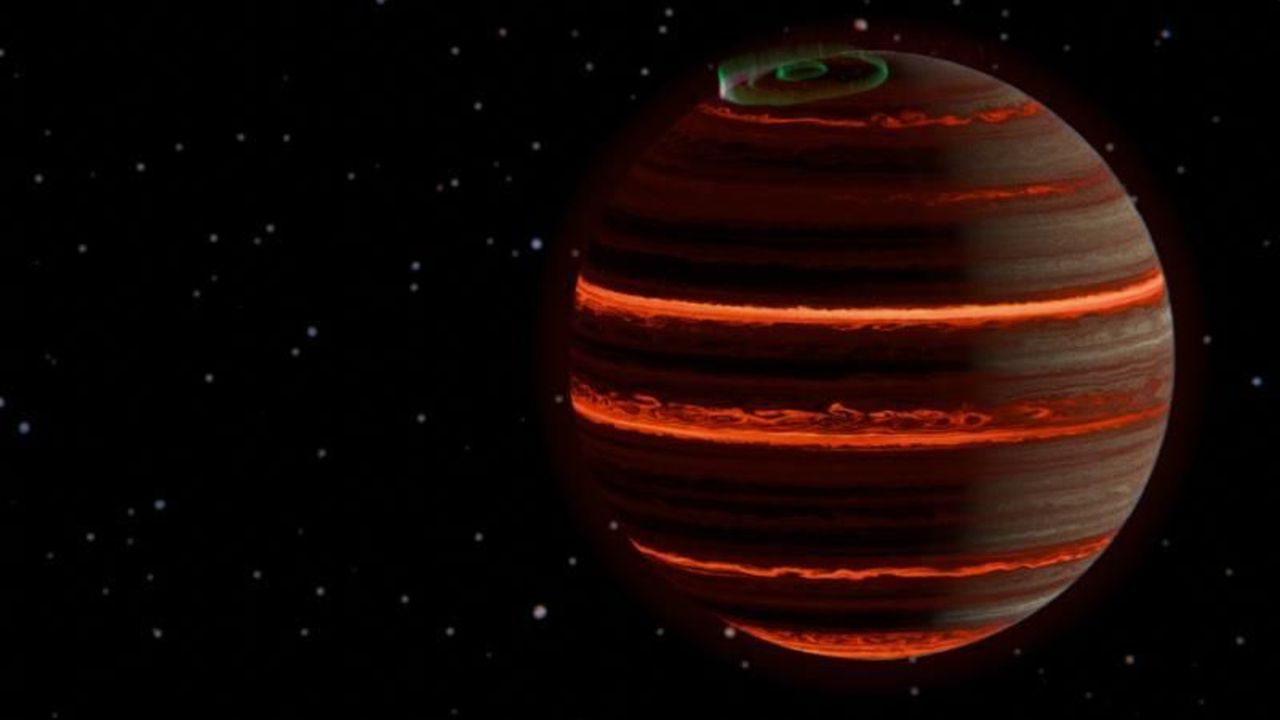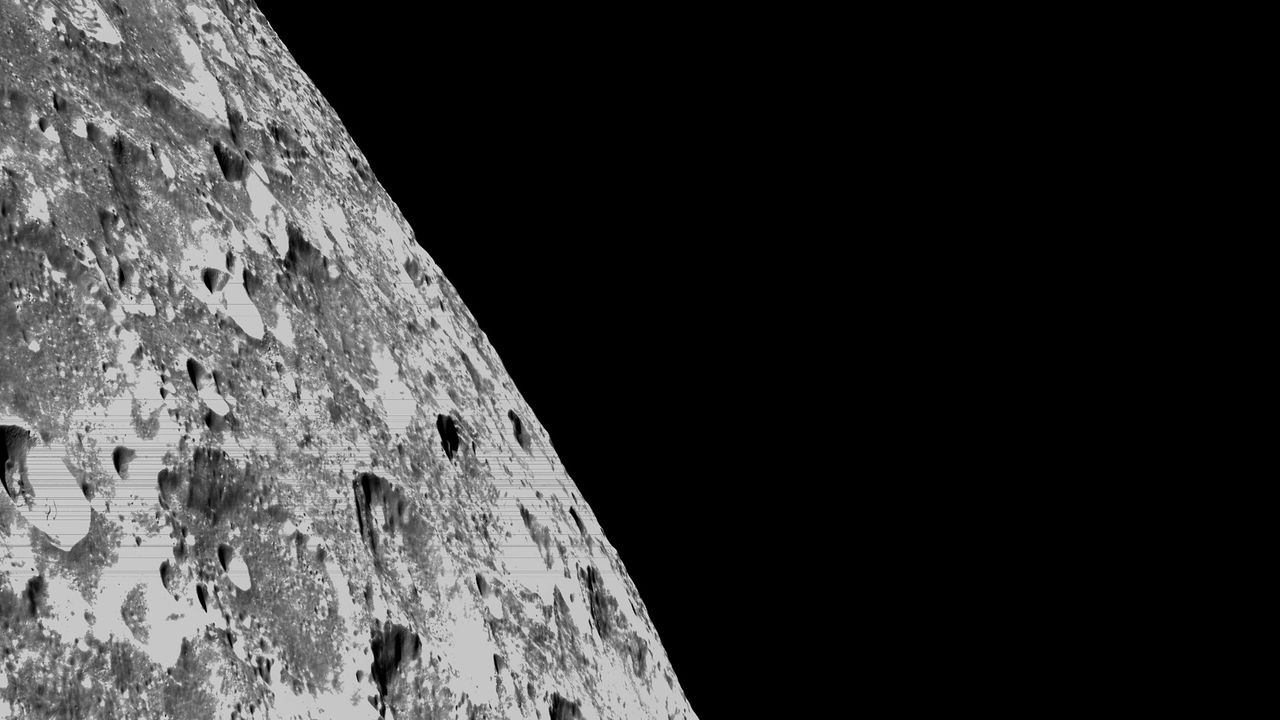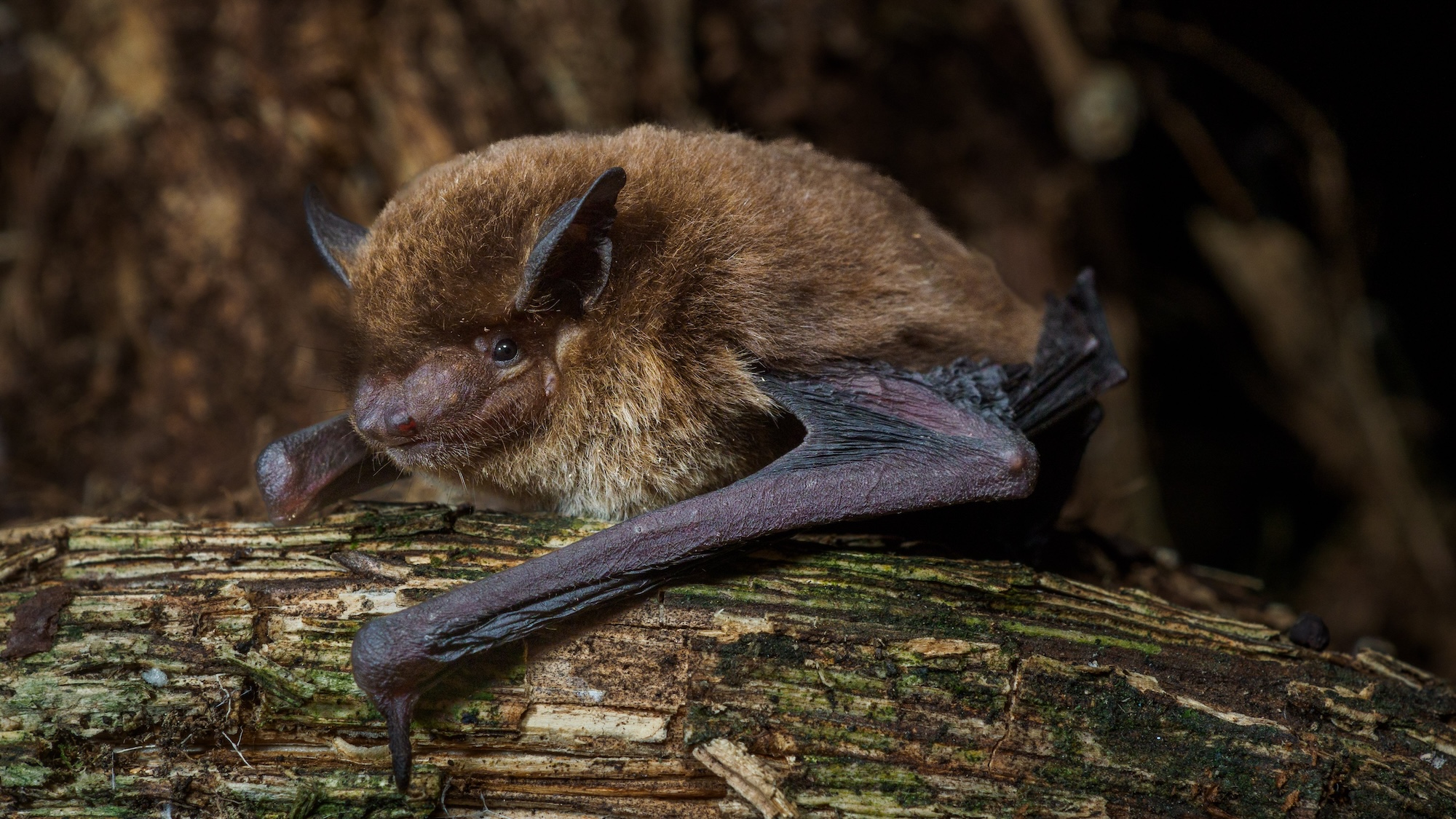Dig Reveals Stunning 12,000-Year-Old Rock Art in Saudi Arabia
PositiveScience
A remarkable discovery in Saudi Arabia has unveiled stunning 12,000-year-old rock art featuring petroglyphs of camels and donkeys, along with numerous engraving tools. This find suggests that early human settlements in the region were more complex than previously thought, particularly following the Ice Age. Such discoveries not only enrich our understanding of ancient cultures but also highlight the historical significance of the Arabian Peninsula.
— Curated by the World Pulse Now AI Editorial System







